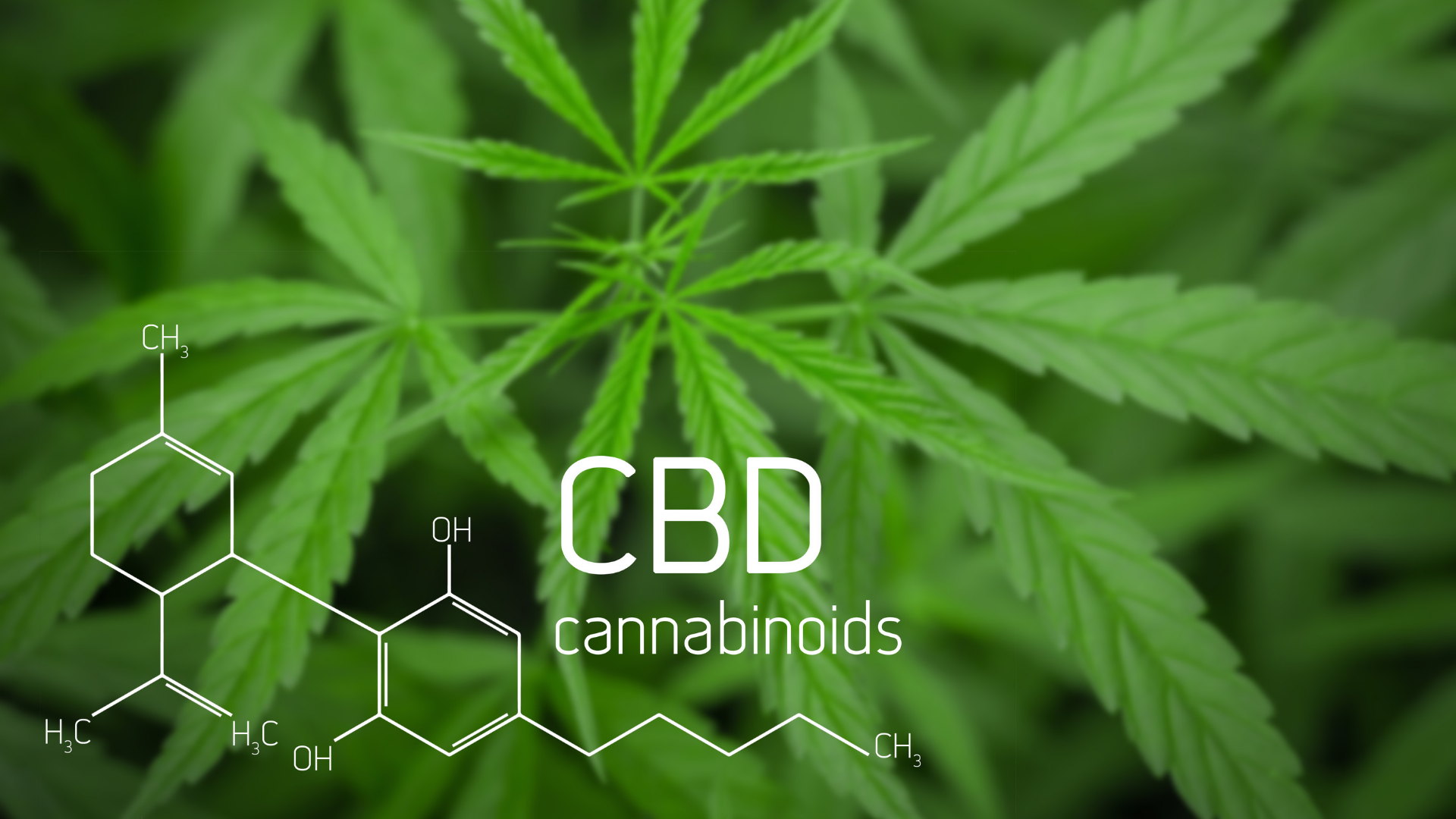
01 May CBD: Is It a No or a Go for Athletes?
By Spencer Baron, DC, DACBSP & Christin M. Debusk
In December of 2018, President Trump signed into law the new Farm Bill which essentially legalized the production of hemp under federal law. As a result, many manufacturers are working fulltime to promote their entire lines of hemp-derived products and the one ingredient that seems to be getting the most press is CBD.
CBD stands for cannabidiol, a chemical compound found within the hemp plant that even the National Institute on Drug Abuse admits offers promise for a variety of health issues such as neurological disorders, psychiatric conditions, immune system disorders, cancer, and more.
But what can this compound potentially do for athletes who are known for consistently pushing their bodies to the limit?
Potential Sports-Related Benefits of CBD
“When the human body is under physical or mental stress, there is growing evidence that, regardless of the source of the strain on the body, the body’s innate endocannabinoid system can become depleted, resulting in diminished endocannabinoid tone or overt endocannabinoid deficiency” explains Dr. Chris D. Meletis, Naturopathic Physician.
Meletis goes on to say that both of these states can lead to increased pain and inflammation, thereby diminishing the body’s innate ability to heal. In cases such as these, CBD can be used to aid the body’s natural drive to regain and sustain homeostasis, thus providing a higher level of health.
For instance, one 2019 animal study published in the journal Pain found that repeated low-dose CBD treatments induced analgesia while also reducing anxiety, providing both mental and physical health benefits. Other studies have found that CBD can help prevent pain and alleviate further nerve damage for those who have been diagnosed with osteoarthritis conditions.
CBD and Drug Testing
Despite these types of benefits, the one major concern that many athletes have with regard to CBD is what effect it will have on drug tests. Especially since the World Anti-Doping Agency has all cannabinoids except cannabidiol on its prohibited list.
That’s why Meletis recommends that athletes with this concern ensure that the product he or she wants to take contains no THC content whatsoever. THC is short for tetrahydrocannabinol, the psychoactive part of the marijuana plant that produces the high that most people think of when they think of marijuana. “By definition, CBD from hemp can’t legally have more than 0.3 percent THC,” explains Meletis.
Meletis further suggests that all athletes—and any others who may potentially undergo drug testing—check with their respective regulatory bodies to learn their stance on CBD without THC before even trying a CBD product.
Some sports agencies are taking this route anyway, with USA Today reporting that, as of June 2018, the 3-on-3 basketball league the BIG3 publicly announced that it would permit its players to use CBD.
To ensure the product doesn’t have THC, Meletis says that athletes should only use professional brands made in a Good Manufacturing Practice (GMP) facility that tests every production lot for THC. “I demand a certificate of analysis for all products that my patients use,” he says, ensuring that there is no THC in the product.
Possible Side Effects
Legalities aside, what can athletes expect if they choose to use a product containing CBD? Though Meletis always recommends that his patients “start low and go slow,” some people do experience nausea with this compound, a side effect that can often be reduced when taken with food.
Others may notice an irritation in the throat or mouth area. However, Meletis indicates that taking CBD in pill or transdermal form can help reduce this type of response.
Additionally, if CBD is taken in higher doses or is used by those who have impaired liver health, Meletis says that it can potentially change how prescription medications are metabolized, which is a common concern herbal supplements in general.
What can you do if one of your athletes still wants to supplement with CBD? Meletis has specific recommendations for this segment of the population.
Making Athlete-Specific Recommendations
“An athlete’s body that is well nourished, properly rested, and hydrated should only need a low dose for ongoing aches and pains,” says Meletis, adding that large doses are often more beneficial in cases of traumatic injury.
“As I share with my patients, CBD is no different than any other OTC supplement when it comes to the philosophy,” says Meletis. “We supplement a good diet, a lifestyle; we don’t substitute for it, hence why they are called ‘supplements’ and not ‘substitutes.’”
DoCS is committed to raising the bar in chiropractic for athletes, so if you have any questions or article ideas, please feel free to contact us or share them in the comment section below. Reprints of this article permitted as long as it links back to the DoCS website: www.DoC-Sports.com.


Sorry, the comment form is closed at this time.